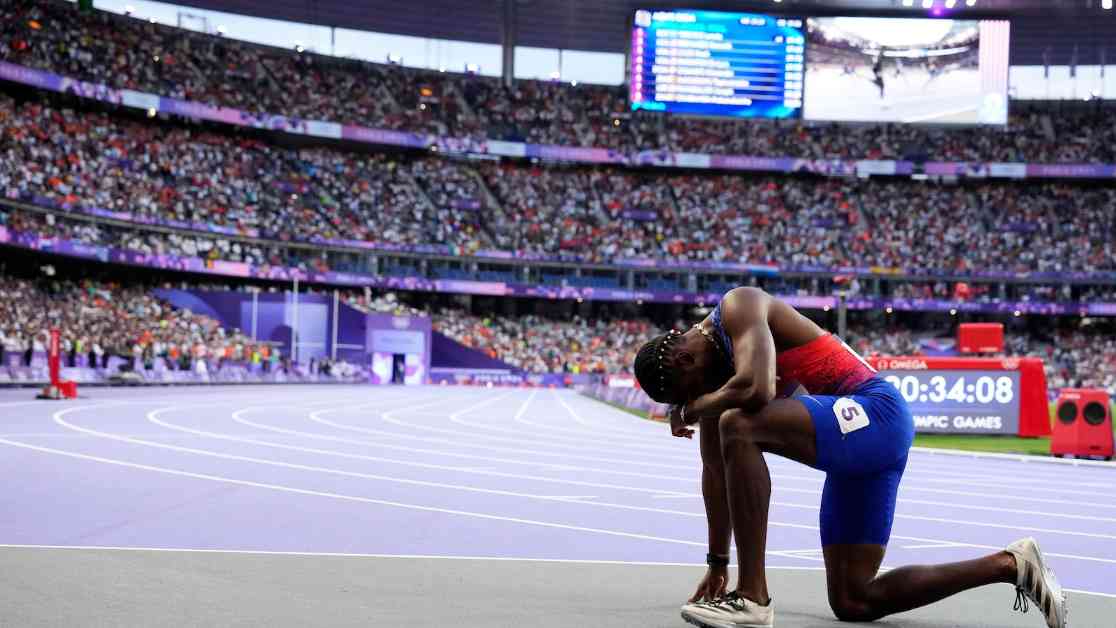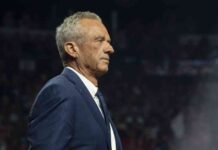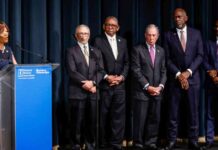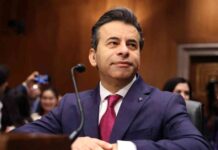Noah Lyles, a prominent American sprinter, made a bold decision to race in the 200 meters at the Paris Olympics despite testing positive for COVID-19 just two days before the event. Lyles kept his positive test private until after winning the bronze medal, breaking his three-year winning streak in the event. The CEO of the U.S. Olympic and Paralympic Committee, Sarah Hirshland, expressed her full support for Lyles’ decision to compete, emphasizing the careful monitoring and medical attention he received from USA Track after testing positive.
Hirshland mentioned that medical staff followed CDC guidelines and drew from past experiences in treating athletes with COVID-19 to ensure Lyles’ safety. Despite the risks, Lyles was given the autonomy to choose whether to race or not, and he decided to proceed with the competition after quarantine, rest, and hydration. Although he finished third, Lyles visibly struggled after the race, highlighting the physical toll of competing while ill.
The Tokyo Olympics, held under strict COVID-19 protocols, presented a very different scenario compared to the current situation in Paris, where general policies are in place to address respiratory illnesses like flu. Lyles’ decision to keep his illness private until after the race raised questions about the potential risks to other competitors, but he emphasized his desire to compete on equal footing.
Hirshland acknowledged that Lyles would not have been allowed to compete in Tokyo under similar circumstances due to the stricter COVID-19 protocols at that time. The evolving nature of the virus and its impact on individuals’ health and performance underscore the complexities involved in managing cases like Lyles’. Balancing the athlete’s well-being, competitive spirit, and public health concerns requires careful consideration and communication among all involved parties.
While Lyles’ decision to race while COVID-positive may spark debates about athlete safety and ethical considerations, it also sheds light on the resilience and determination of elite athletes in pursuing their goals under challenging circumstances. The support and medical guidance provided to Lyles throughout his ordeal reflect the commitment of sports organizations to prioritize athlete welfare while navigating the uncertainties of the ongoing pandemic.
As the Paris Olympics continue and athletes strive for excellence on the global stage, Lyles’ experience serves as a reminder of the complexities and trade-offs involved in balancing competitive sports with public health concerns. The lessons learned from his case could inform future protocols and guidelines for managing similar situations, ensuring the safety and well-being of athletes and the broader community in high-stakes sporting events.


















